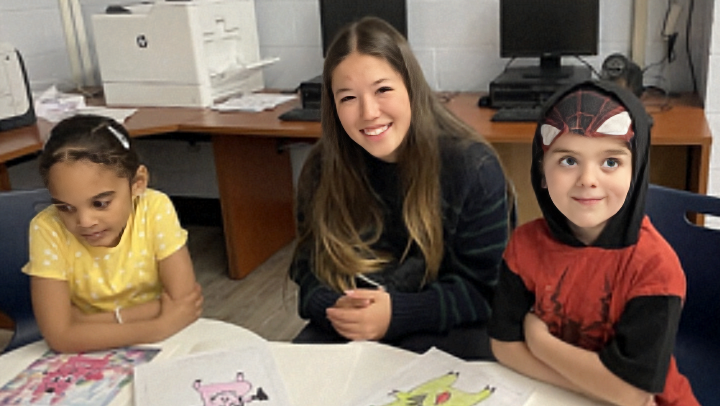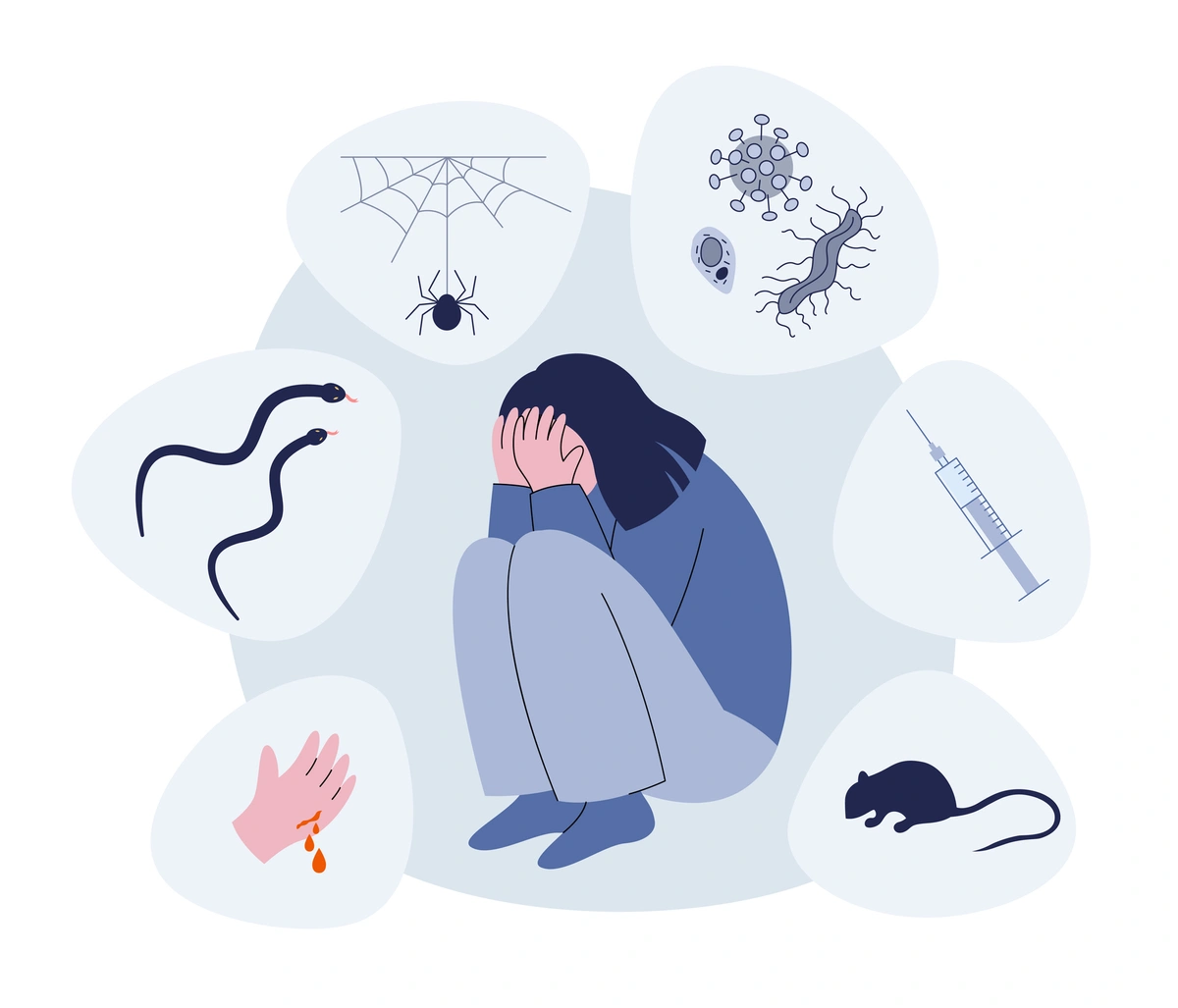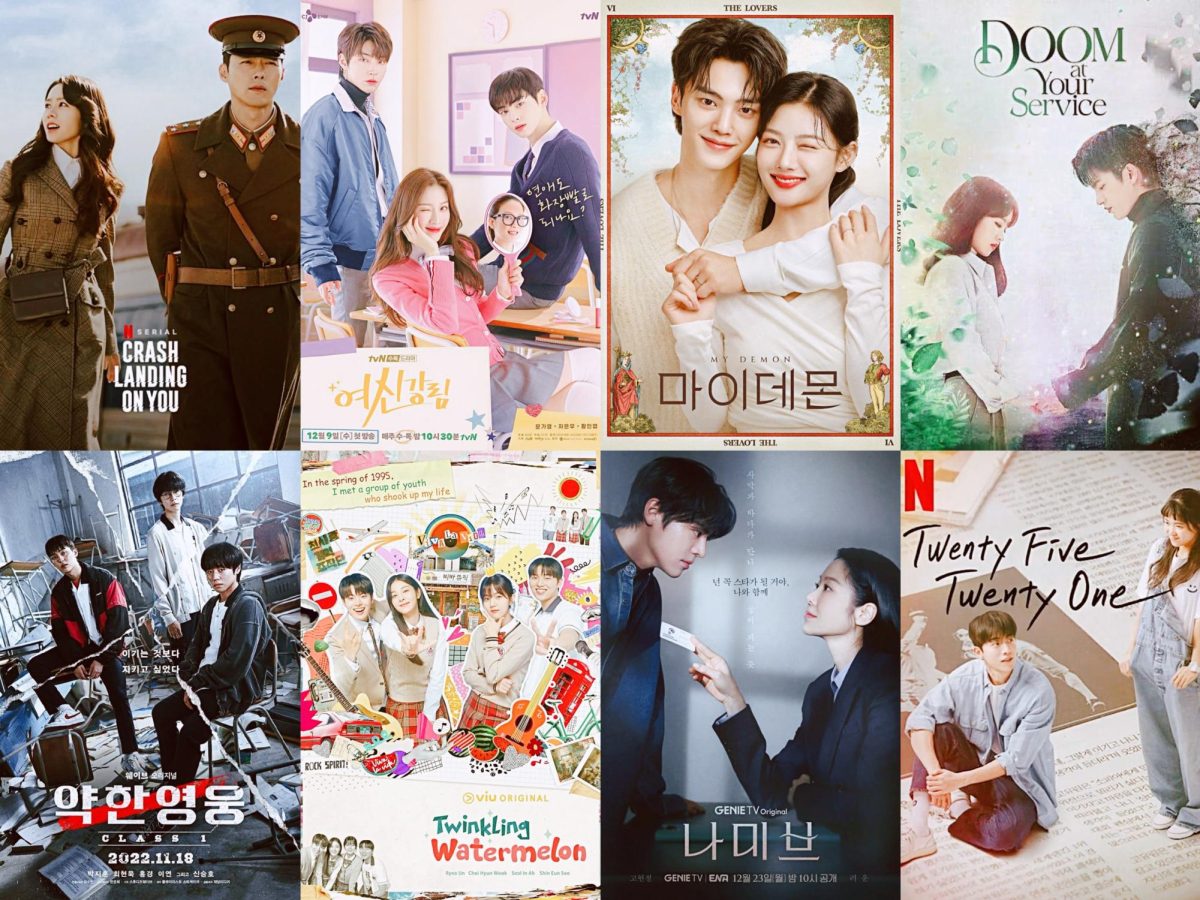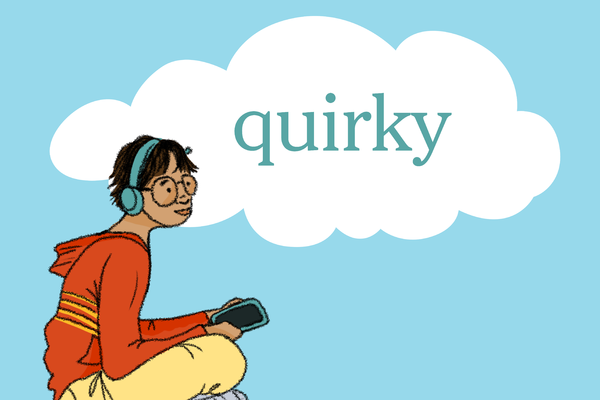
With every new, bright romance movie on the big screen we find ourselves striving for the couple’s picture perfect relationship. They fall in love at first sight, go on adorable dates, and eventually they run into some problems on the way, but every relationship has problems. The problems viewers see in the shows or movies we watch aren’t the typical problems we’d want to see in our own relationships, however. Ranging from loud arguments to threatening violence, the love shown on tv isn’t anywhere close to the love someone should strive to achieve in real life. Despite how rare you may think these toxic examples of love might be on screen, they appear way more often than you’d initially expect. Through the rose colored glasses of the television screen, every romance seems as beautiful of a love story as “Romeo and Juliet”, ironically.
The most popular examples nowadays of lovingly toxic relationships on the big screen would be the movies, “The Kissing Booth” and “After”. Both movies gained a large following despite neither truly representing what a healthy relationship looks like. “The Kissing Booth” is a popular book that was adapted into a movie. The main male love interest, Noah Flynn, is repeatedly shown having anger issues, continuously getting into fights and starting arguments with others. The toxicity in the relationships comes in when the main female character, Elle Evans, walks away from Noah trying to avoid an argument, while Noah struggles to make her stay. His solution to their problem, rather than leaving her alone to calm down or speak peacefully to convince her to stay, he decides to yell at her as he bangs his hand on top of a nearby car, making Elle jump in fright and cautiously walk towards him afterward. With the character’s aggressive and violent past, one could assume what would be implied if she hadn’t followed him along. This behavior is obviously unacceptable, and one might think that with how horribly this translates into real life, viewers would be outraged that this is portrayed as “cute” and “loving”. The exact opposite happened instead– viewers loved the movie, making it the most watched on Netflix for weeks, even gaining it two sequels.
This phenomenon becomes more shocking when looking at the “After” series. In the movies outlining the relationship between characters Hardin Scott and Tessa Young, there are clear signs of a horribly toxic relationship. Their first interactions begin with Hardin breaking into Tessa’s apartment, only to proceed to insult her body several times; one could only imagine what else continues to happen throughout all five films. The plots range from Hardin tricking Tessa into having sexual intimacy with him only to ridicule her with his friends, him having constant meltdowns when Tessa doesn’t follow his rules in their relationship, to him throwing massive, violent fits whenever she is around any man that isn’t him. I personally have had the “pleasure” of sitting down and watching these films and this description doesn’t even describe half of the problems within their relationships.
Reading this you may be wondering how the general public reacted to this–a relationship so horrible you’d be blind to not see how bad it can be for one to watch. Surely viewers would be appalled and would not condone such behaviors in a character. They definitely would not want to see more displays of aggression and borderline mentally ill antics. Well, I’m here to tell you the movies were such a big hit that the series contains five different films, one releasing later this year in 2023.
Romance movies are far from the cutesy dates and adorable flirting we once remembered them to be. Now they’re filled with horribly toxic arguments and relationships that in real life wouldn’t make it through a year. Hopefully the movie scene brings back the romance movies that show a relationship one should actually strive for in real life, or, maybe we were viewing those movies with rose colored glasses, too?






